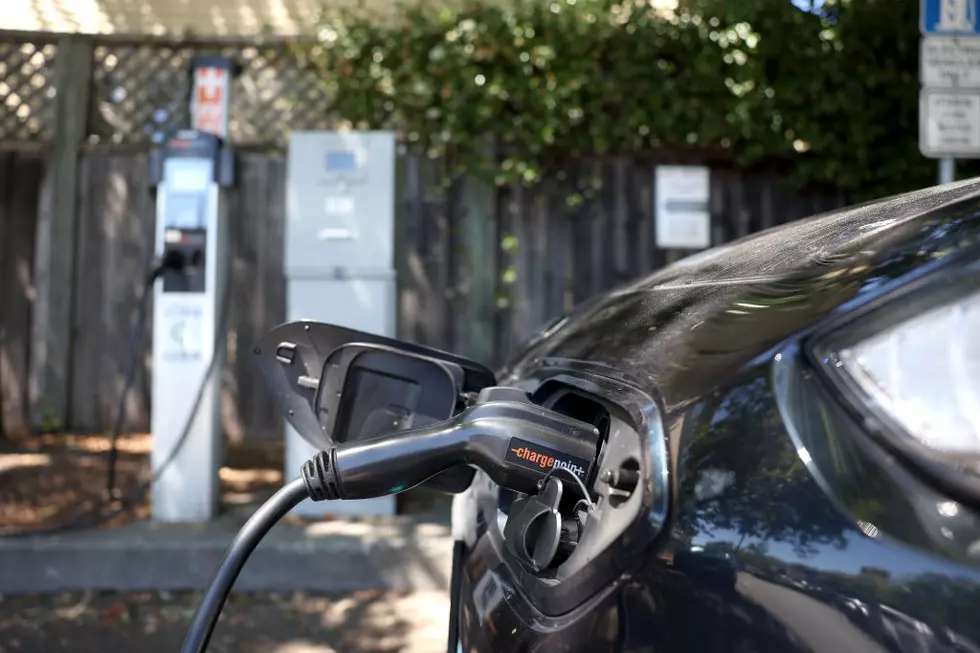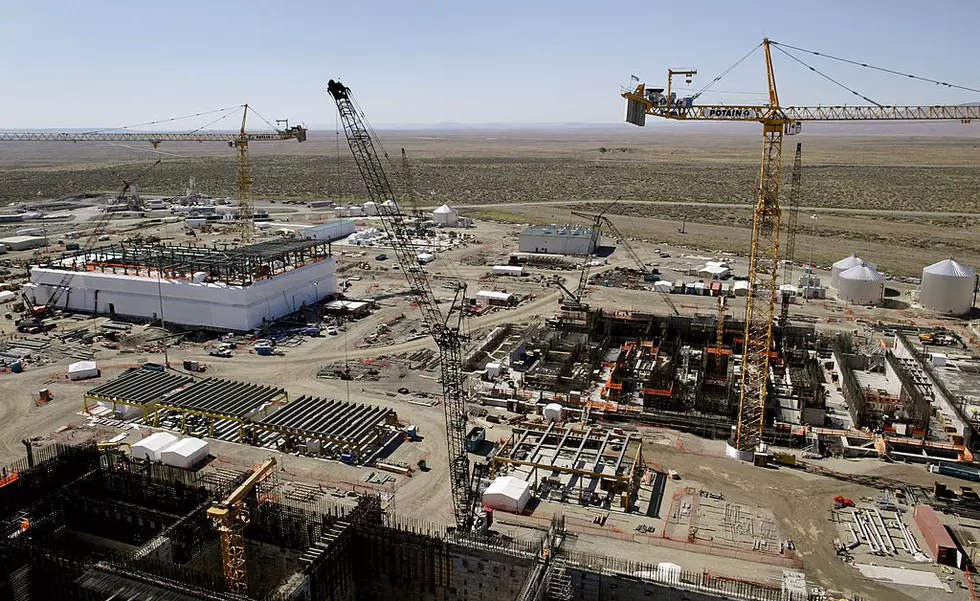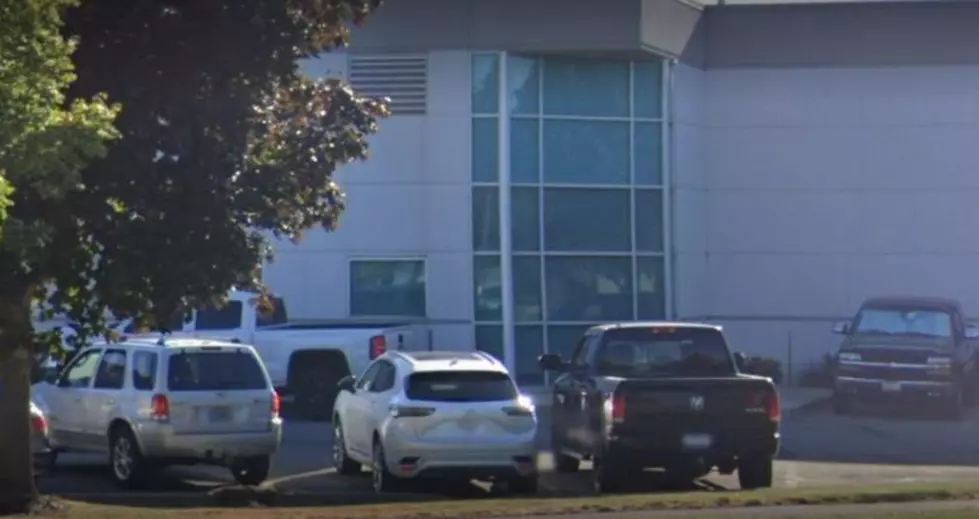
Has Technology Replaced Human Interaction? Do We Have “Futureshock?”
Could it be that technology has outpaced our ability to comprehend it?
Recently, I came across an alleged quote from Albert Einstein that read:
"I fear the day that technology will surpass our human interaction. The world will have a generation of idiots."
It turns out he actually said he feared our technology "had surpassed our humanity" when he was asked about the Atomic Bomb many years ago.
But it got me thinking about the tidal wave of digital technology now available to the average person. Cellphones, interactive video games and television, controlling one's home (lights, garage door, thermostat, security system) from a remote smartphone, the list seems endless.
Back in 1970, an author named Alvin Toffler wrote a revolutionary book called Futureshock. The basic premise of the book, and the meaning of the word meant simply, "too much change in too short a period of time."
From Wikipedia's discussion of the book:
Toffler argued that society is undergoing an enormous structural change, a revolution from an industrial society to a "super-industrial society". This change overwhelms people, he believed, the accelerated rate of technological and social change leaving people disconnected and suffering from "shattering stress and disorientation"—future shocked. Toffler stated that the majority of social problems are symptoms of future shock. In his discussion of the components of such shock he popularized the term "information overload."
Now, think about all the technology we have had to learn to master just to "fit in" in today's society. If we want to enjoy the latest television programming or entertainment, many of us have had to learn how to program remotes, navigate satellite tv guides, and understand pause and record live TV.
Many companies now require customers to wade through often confusing websites and digital platforms just to conduct everyday banking or shopping business. When you call customer service, you have to keypress through confusing and lengthy answering grids - good luck finding a live person. Online banking was once revolutionary, now it seems crude compared to controlling your complete financial world from the palm of your hand!
And especially cellphone technology. Hard to believe the flip-phone I had just 3 years ago is so obsolete, those recycling companies who buy old phones won't even consider taking it. So many new apps and functions have been added to cellphones that unless you have a smartphone, a cellphone is nearly useless!
Perhaps this wave of ever-changed and accelerating technology has spilled into every other area of our lives. With the speed of change and development, Toffler argued, it affects our careers, how often we change jobs, families, relationships and human interaction. It becomes far more superficial and temporary:
People try to support superficial contacts with a large number of people instead of penetrating into characteristics of each person met by them.
Sounds like most forms of social media, doesn't it?
This type of feeling is most commonly found among those who are old enough to remember life before the technological explosion of the last decade. Perhaps picking up a copy of Futureshock will help you understand that if you're feeling overwhelmed, you are not alone.
Now if you'll excuse me, I have to log-in to the radio station master control screen on my smart phone, and make sure the most updated weather forecast is digitally uploaded and programmed to play at the right time so we can stay on time-sync. with the computer and satellite...whew!
More From 870 AM KFLD









